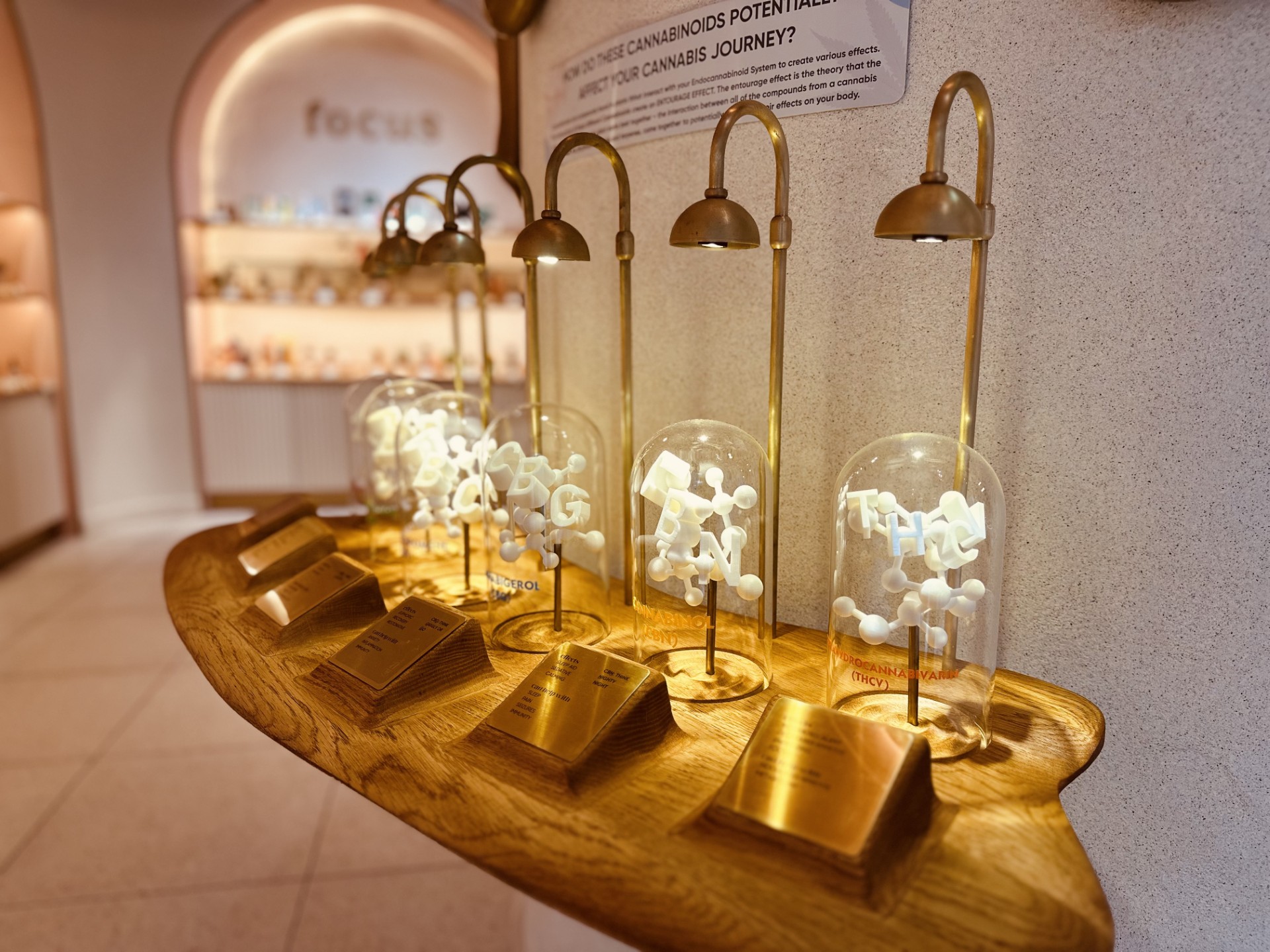Can 'functional THC' move cannabis past the potency race?

For years, THC percentage has dictated price, perception and bragging rights up and down the cannabis supply chain from seed to sale.But as operators seek to break the cycle of THC addiction and consumers look for clarity, focus and calm over couch-lock highs, “functional THC” is emerging as the legal industry’s next measure of value.
[post id=”27967″] Cannabis advocates have for years tried to convince consumers that THC percentage is at best an unreliable indicator of product quality and even effects – without much success.But now, encouraged by wellness culture, the popularity of microdosing and a sober-curious generation, the functional THC movement is driving manufacturers to design products with precise cannabinoid ratios and measurable impacts.
Brands like LEVEL in California and Eaton Botanicals in New York are helping defining what “functional” means.“Demand for effect-driven products has continued to rise,” said Chris Emerson, CEO of LEVEL, an edibles company that markets tablets for specific activities like gaming.
“The market is moving away from generic ‘this will relax you’ marketing toward formulations that deliver distinct, repeatable experiences through cannabinoid ratios and dose,” he added.The move towards “functional THC” also reflects a maturing market, where consumers are finally rethinking potency as the benchmark for quality.
Consumers are buying for how they want to feel, not how high they can get Whether you can trust the numbers or not – and according to many watchdogs, you can’t – data shows average THC levels in U.S.cannabis flower have climbed steadily over the past several years.
That’s a reflection of how potency ruled the roost.But that mindset is changing.
According to BDSA, cannabis beverages and low-dose edibles, with their predictable onset and controllable effects, are among the fast-growing product categories at cannabis retailers.Observers say this shows consumers want...


